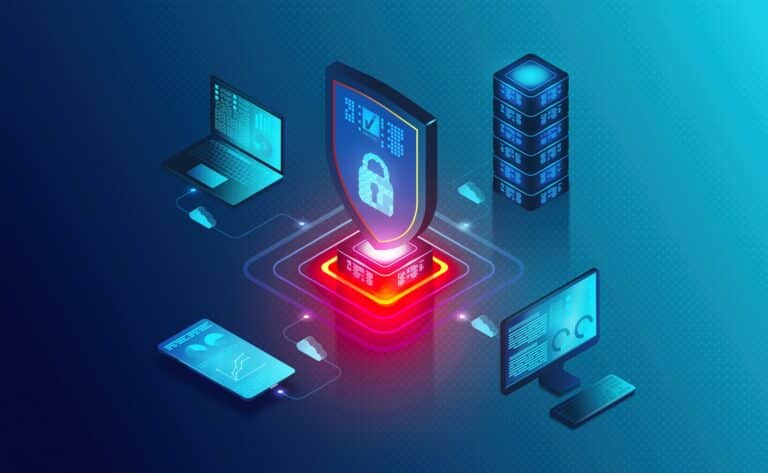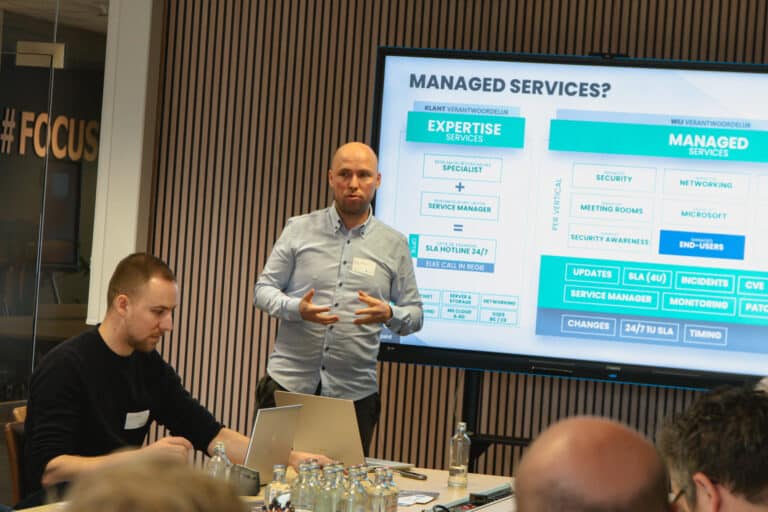
Why choose XDR?
Antivirus software mainly rejects known files and is therefore behind the times. Today we replace it with Extended Detection and Response (XDR). This technique analyses, in real time and using artificial intelligence, the behaviour of every piece of software, on all PCs and servers in your environment.
To avoid risks, unknown software is also always blocked preventively. Only after manual inspection are they given the green light or not. But known packages are also closely monitored. Any suspicious action, however small, is blocked and reported centrally as an 'alert'. And then it is up to the organisation's IT department to analyse and intervene."

As if that were not stressful enough, every 'false positive' also causes a blockage in operations. A colleague, process or service cannot temporarily continue without my approval. So we have to move quickly, but with great precision. There is no room for laxity nor mistakes."
Managed XDR, or MDR

So with MDR, we relieve organisations of this worry and our certified experts take over. Thus, their environment becomes a lot more secure and their IT teams can stay focused on their core tasks.
No solution is foolproof, but MDR is a vital component in any contemporary cybersecurity policy anyway." concludes Roel.
Want to know more about XDR or MDR?
We can help you secure your environment optimally.
VAT no.
share this post:









